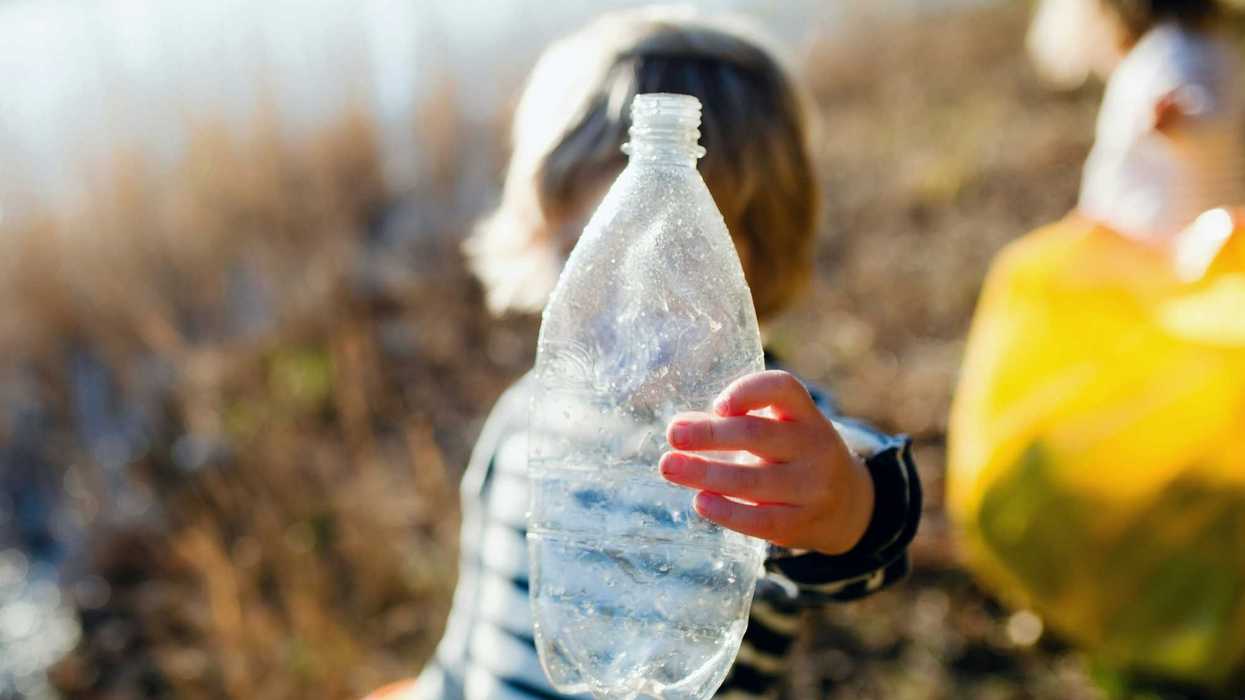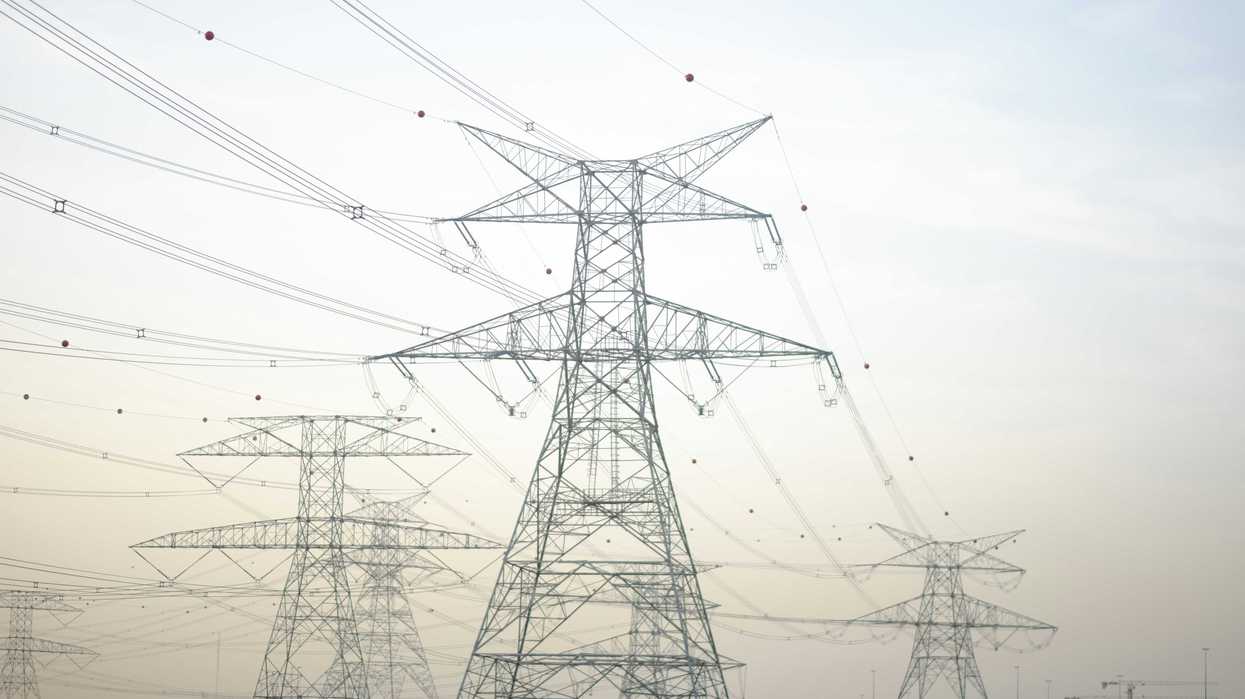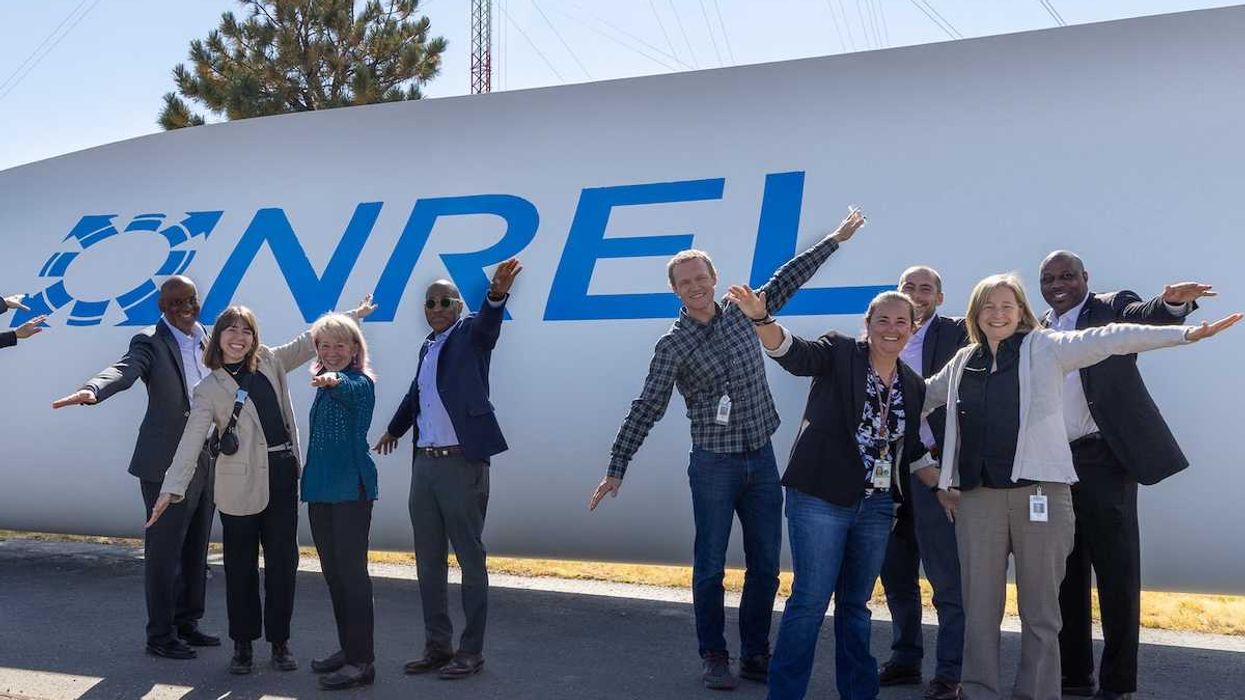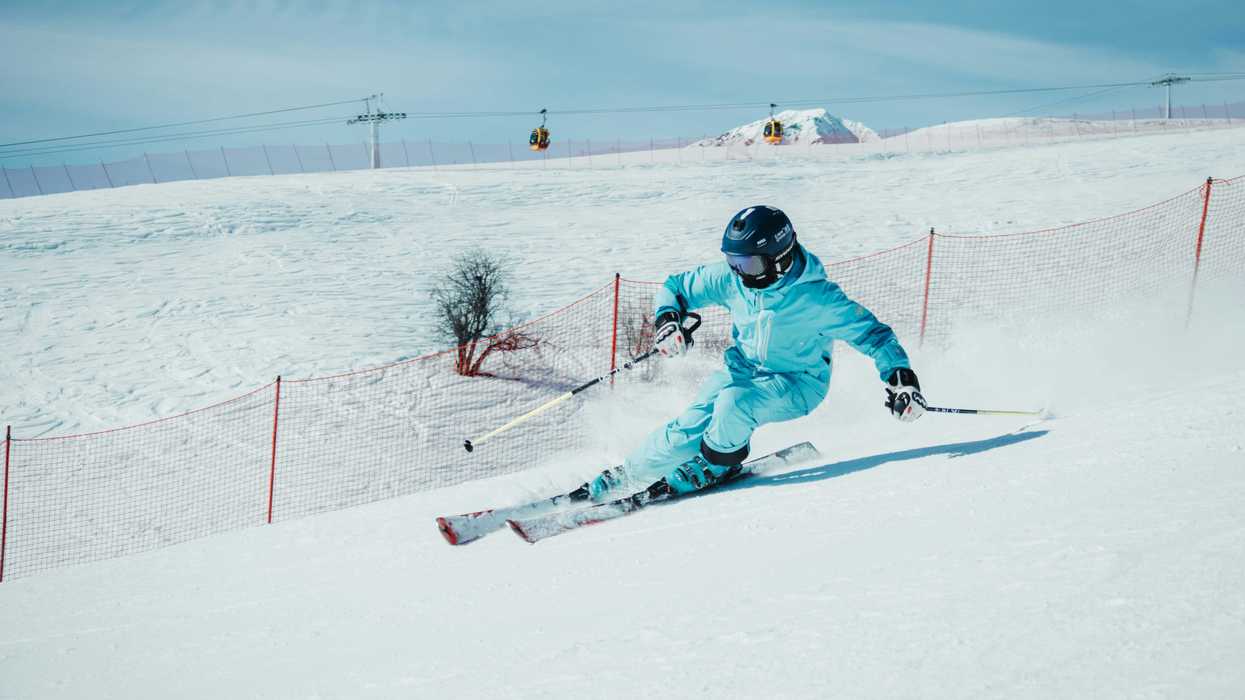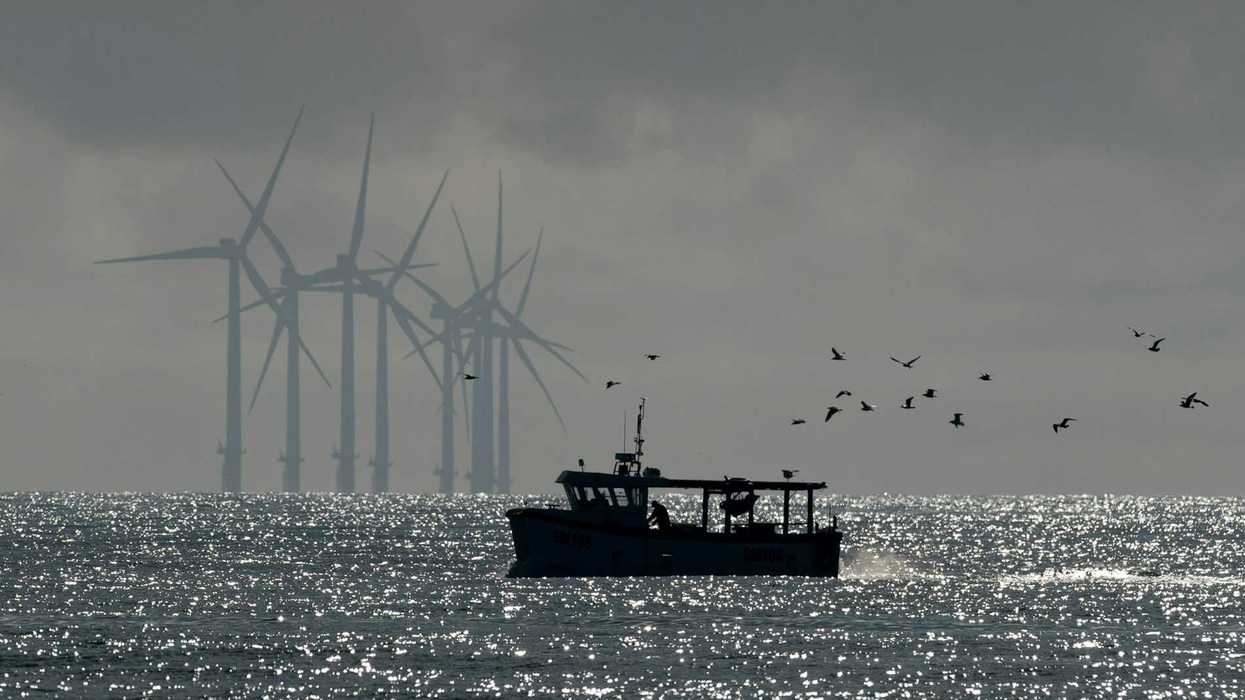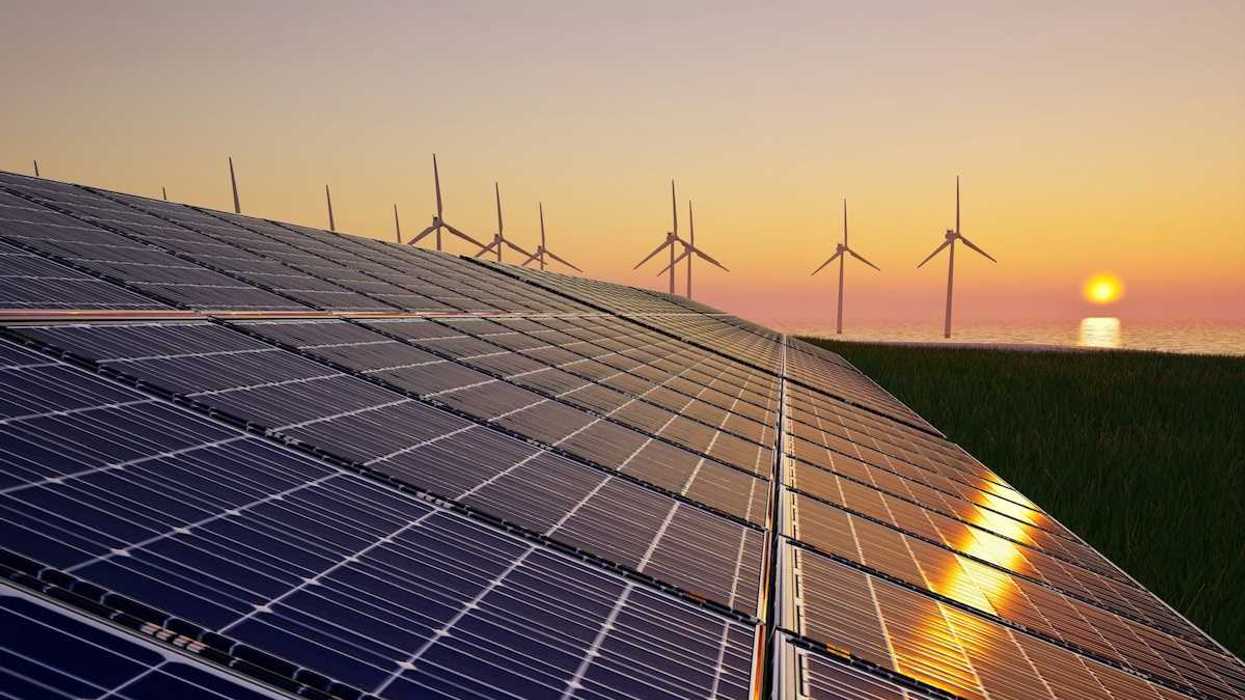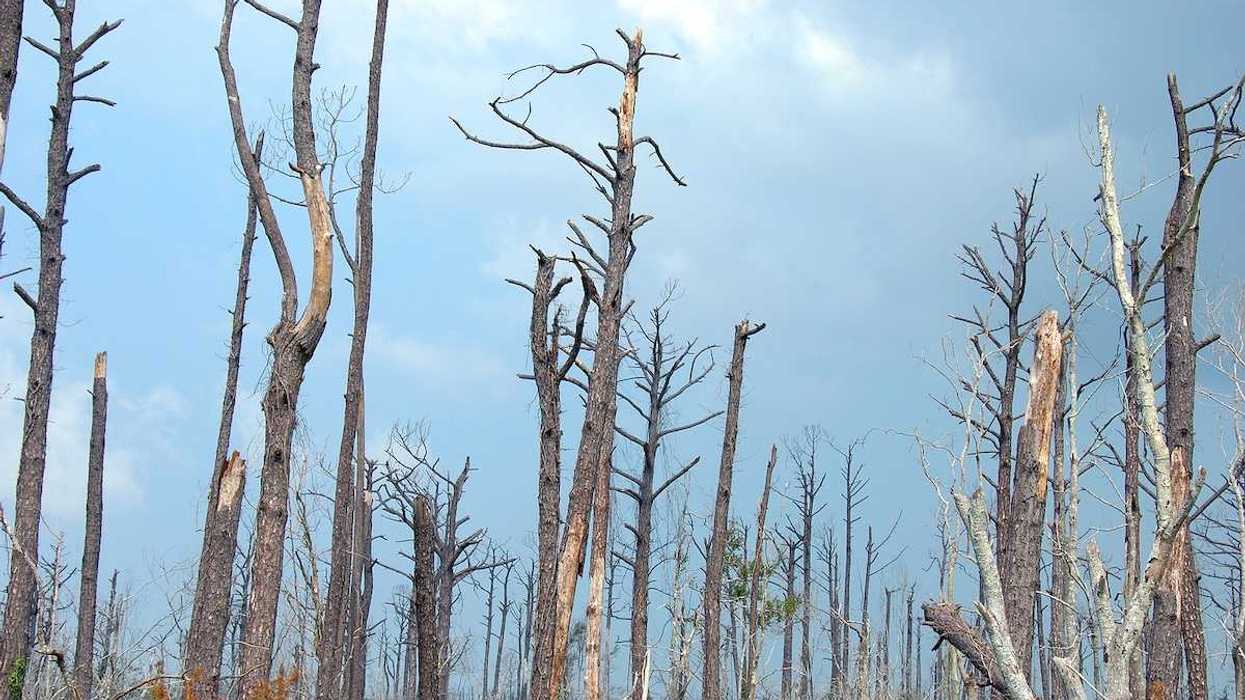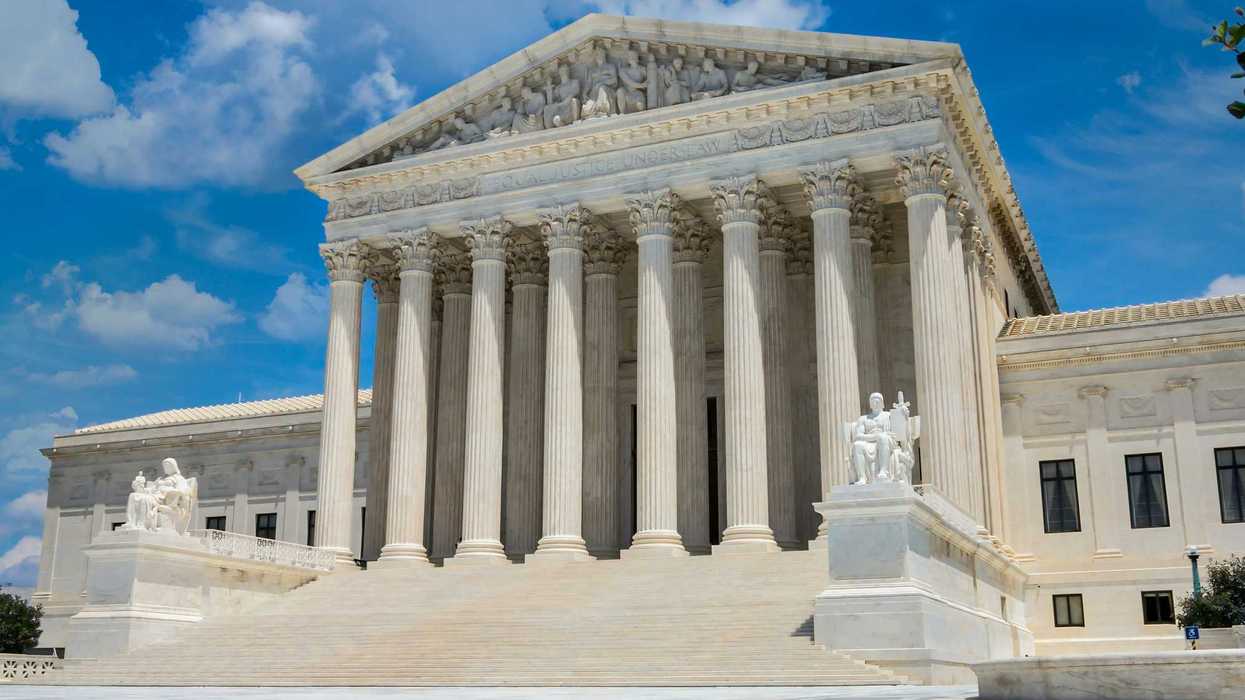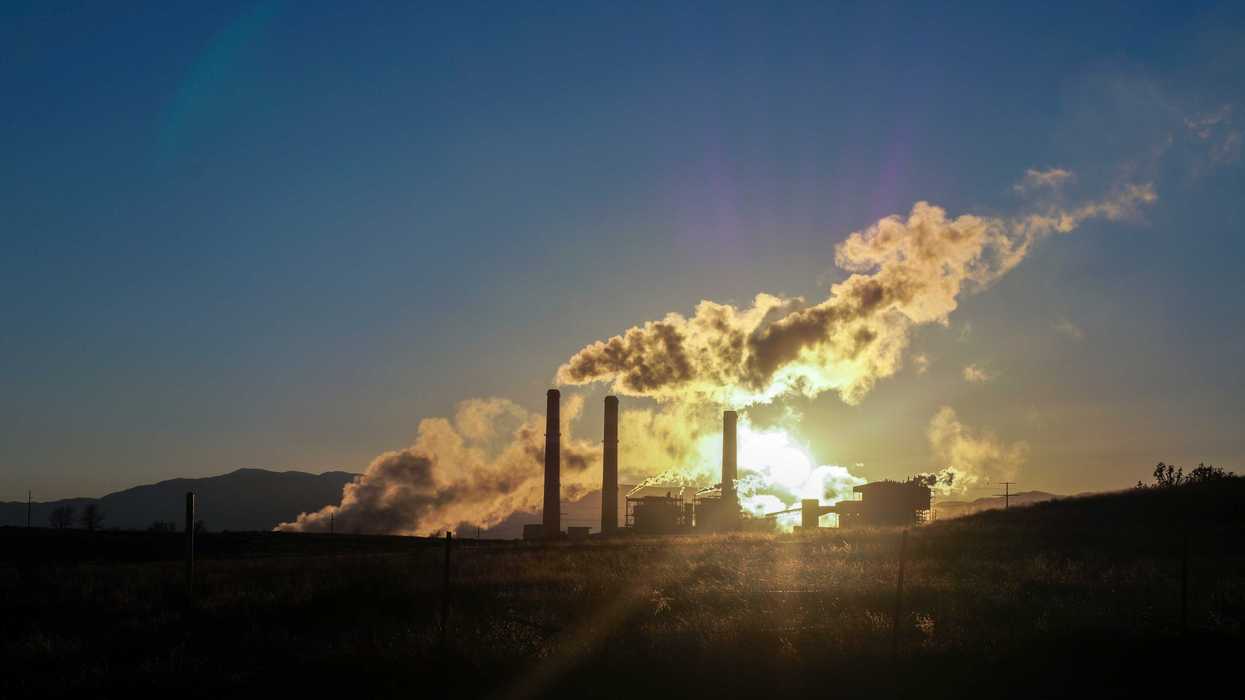A new report by the David Suzuki Foundation highlights the environmental and long-term energy security risks posed by the rapid expansion of liquefied natural gas fracking in the Montney basin in Canada.
Andrew Nikiforuk reports for The Tyee.
In short:
- The Montney basin, a major gas resource, is heavily exploited for liquified natural gas, or LNG. According to a new report, LNG production in the area risks water supplies and habitats.
- Fracking in Montney consumes 21.7 billion liters of water annually, potentially rising to 35 billion with increased LNG exports.
- The process has been linked to numerous earthquakes in the region, raising public safety concerns and insurance issues.
Key quote:
"Production has been made up by unconventional plays like the Montney which can only be accessed with the technology of hydraulic fracking and horizontal drilling. And those technologies come with significant environmental impacts in terms of climate change, water consumption, biodiversity loss and land disturbance."
— David Hughes, author of the comprehensive report called “Drilling into the Montney.”
Why this matters:
The extraction and production processes required for LNG demand substantial water resources, straining local supplies. This is particularly problematic in regions already facing water scarcity. In addition, the potential for chemical contamination from fracking fluids poses a threat to both groundwater and surface water, which communities rely on for drinking, agriculture and recreation.


